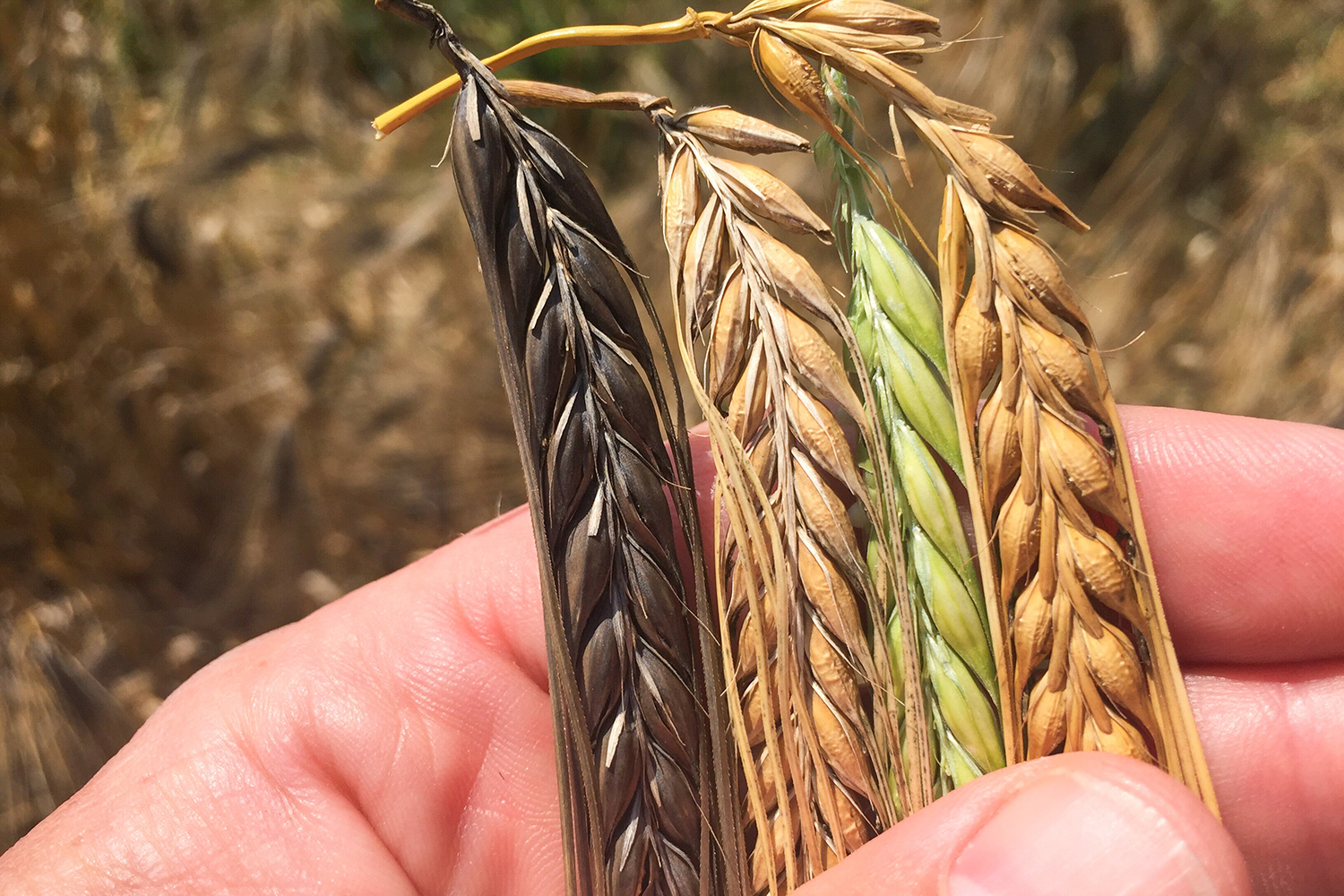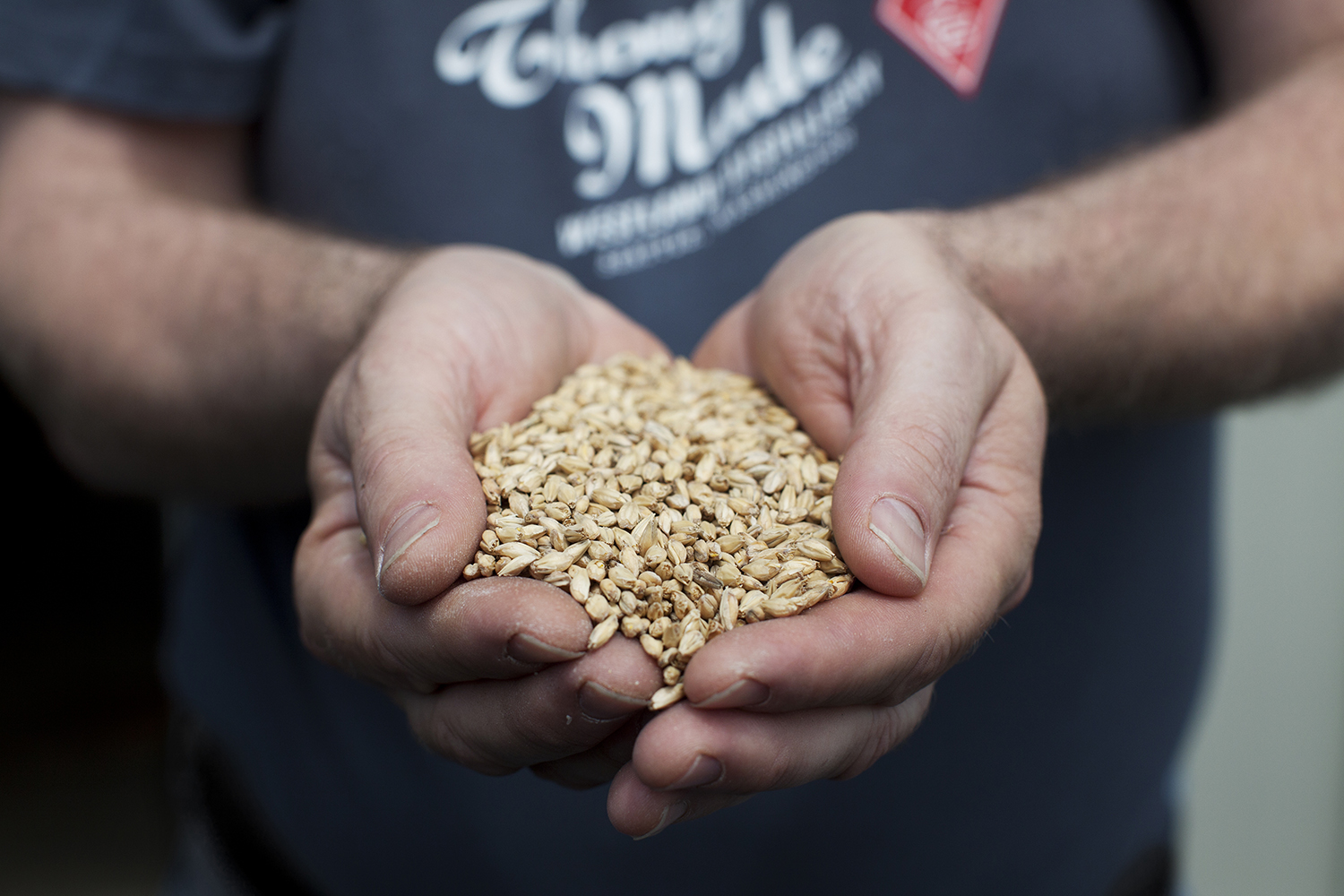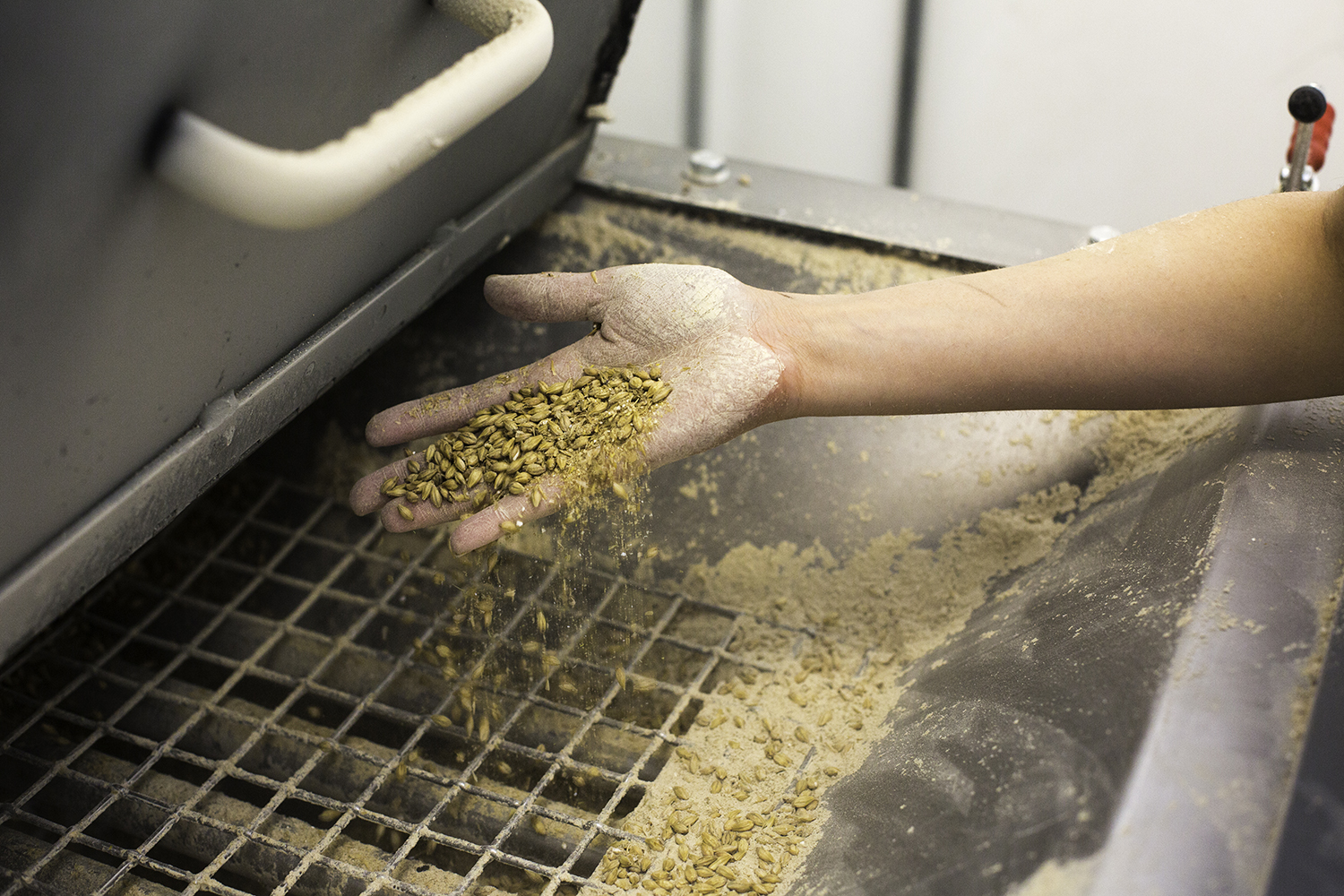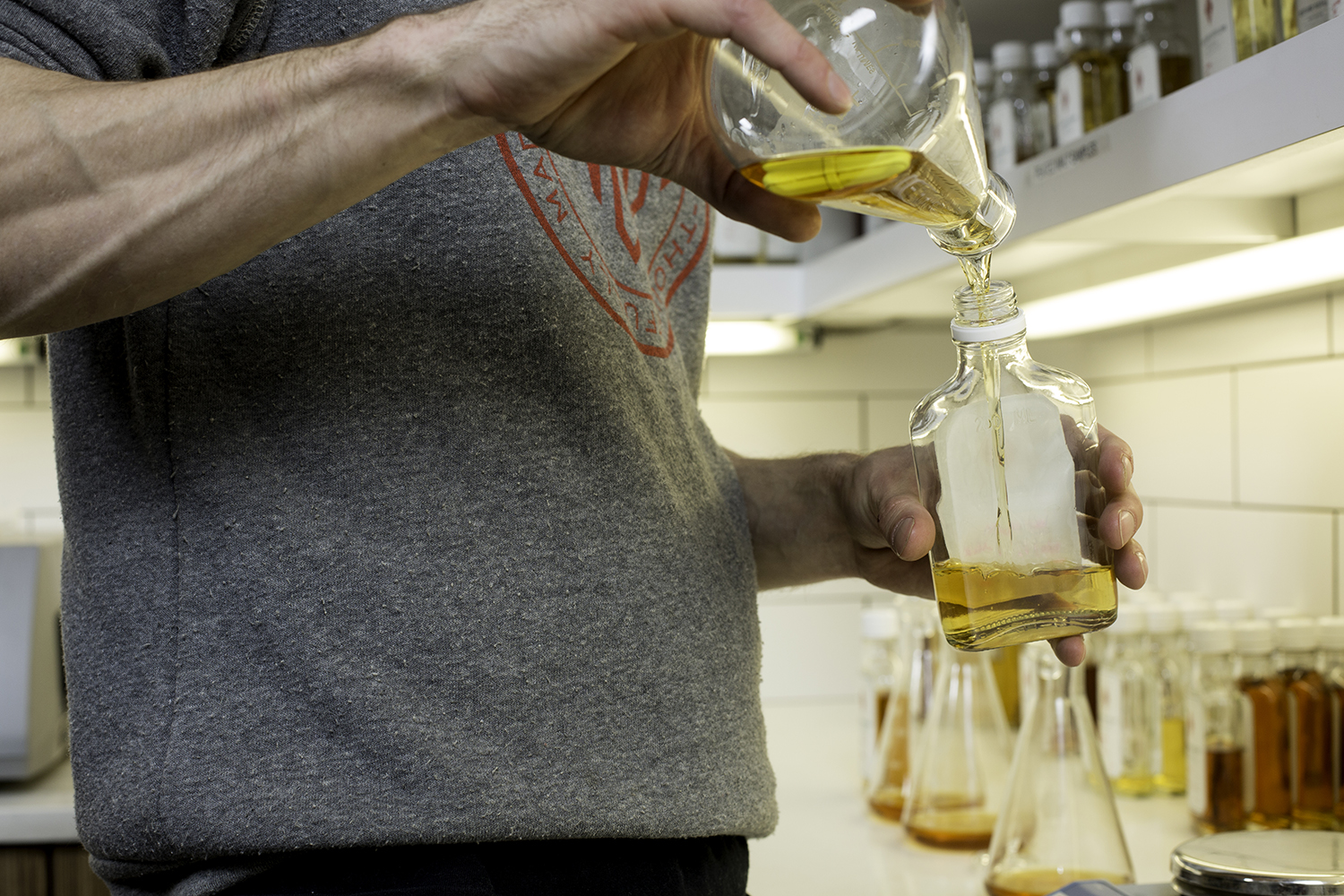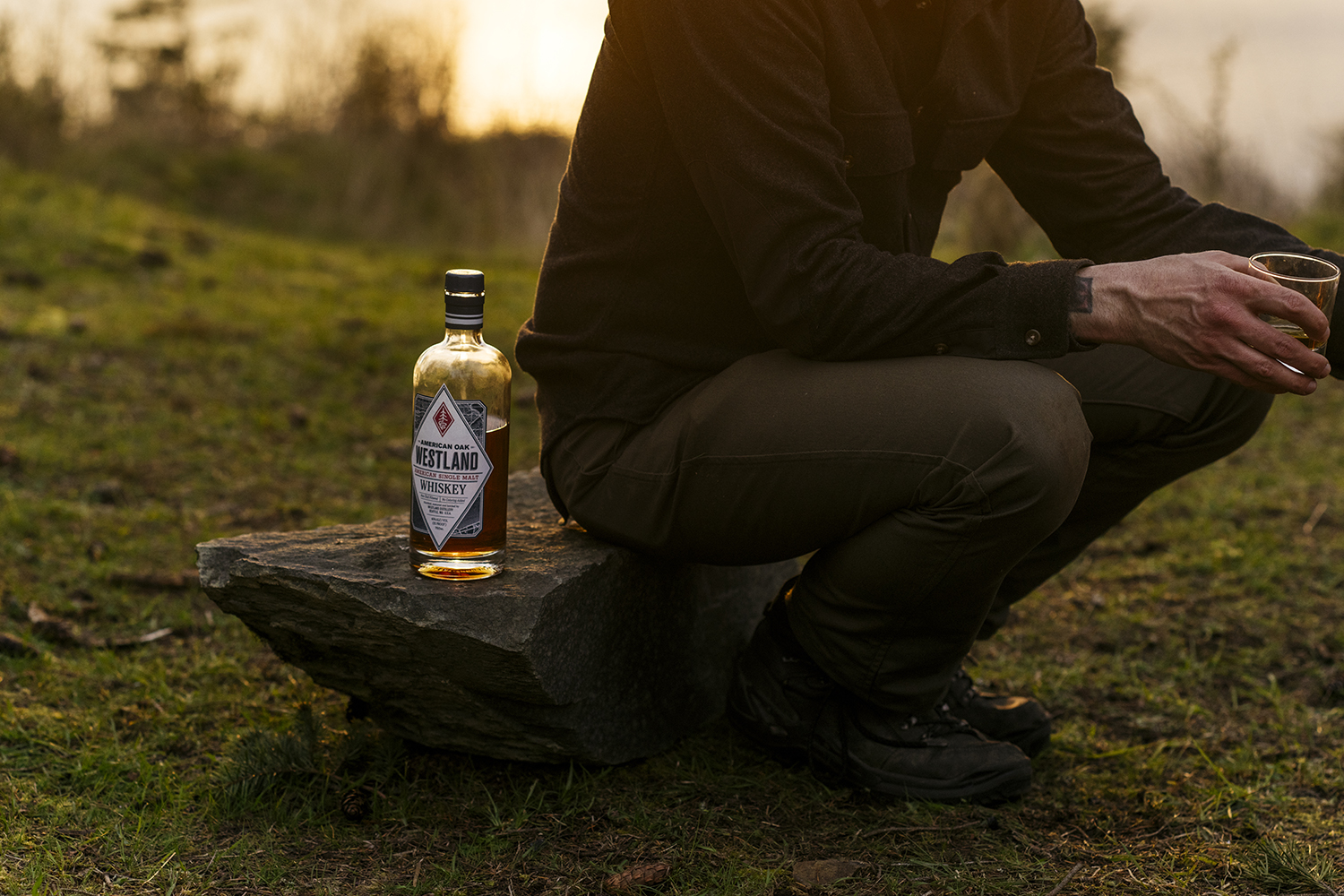Seattle’s Westland Distillery is one of the leaders in the quest to make the growing American single malt category as popular as bourbon. To this end, the distillery has been releasing a range of whiskeys that are made from 100% malted barley and aged in a variety of cask types including sherry, port, and virgin American oak. Westland’s Garryana series is one of the most interesting from the distillery, a limited release that is aged in several different types of barrels, including Garry oak, which is native to the region and not widely used for American whiskey maturation.
Barley is one of the key ingredients in making American single malt, along with water, yeast, and the wood in which it is matured. There are some distilleries that are studying the influence of different types of barley, such as Scotland’s Bruichladdich, as part of a focus on the concept of terroir in whiskey. Westland just announced that it has created a fellowship at Washington State University’s Bread Lab in the Skagit Valley to further explore how barley varietals affect the flavor and quality of the whiskey they are used to make. There are three objectives put forth by Westland for this fellowship:
- “The barley must work for the farmer.” The varietals must be both economically sustainable for the farmer growing them, as well as exist within a healthy agricultural system so as not to disrupt the growing of other grains.
- “The barley must work for the changing environment.” The varietals must be “certified organic, regenerative-organic, or ‘salmon-safe,'” and be able to stand up to the effects of climate change now and in the future.
- “The barley must work for the end consumer.” The varietals have to make sense for the whiskey; in other words, there should be an effect on flavor.
The first Ph.D. student has been announced: Louie Prager, who cofounded Prager Brothers Artisan Bakery in San Diego, is heading up to Washington to begin the program.
“Westland is Western Washington all the way,” said Dr. Stephen Jones, director of The Bread Lab, in a prepared statement. “To have the support of a home-grown company of the caliber of Westland at this level is a real positive jolt for the entire movement of non-commodity grains, novelty, and flavor. It’s a big step forward for barley breeding, whisky making, and the growth of regional grain economies at all levels for all purposes.” As the work proceeds, it will be very interesting to see what the results of such a focused study on barley reveal and how this effort might affect whiskey production both here and abroad in the future.
